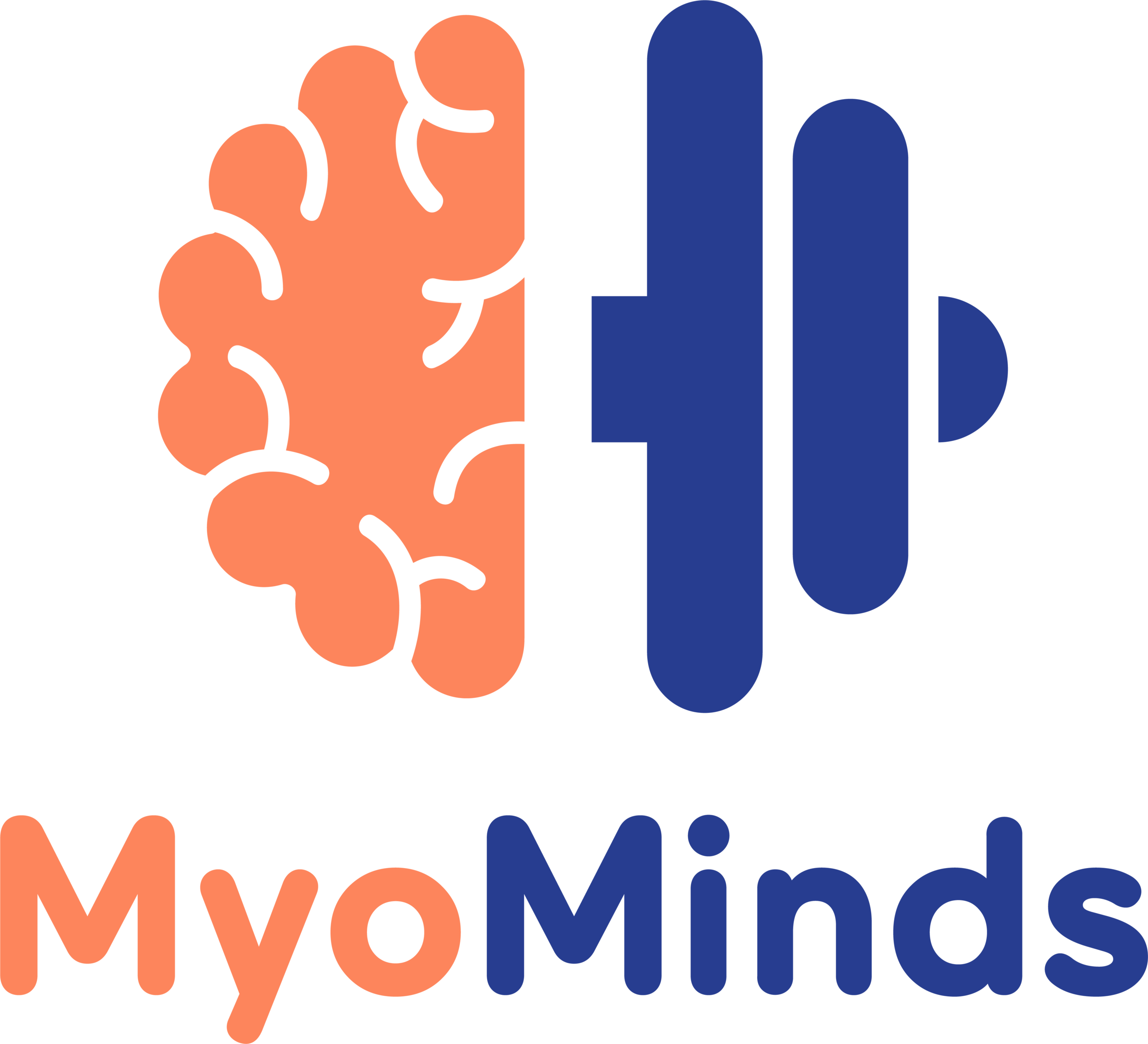Paddy’s Story
My name's Patrick and I'm a mechanical engineer in Teesside. I'm 25 years old and in my spare time I snowboard, cycle, climb and build motorcycles; this is my story on mental health and how my hobbies effect me.
I'd like to start by saying I've never been diagnosed with a mental health issue; I've never been to a doctor's about my mental health as I've always felt people need help more than me, given how overstretched our services are. If I'm honest with myself there's been days I probably should have sought help, primarily for anxiety, but to this day I never have. So in reality this story will be about how my girlfriend's mental health has affected me, and how we have dealt with things between us, how we've helped each other and how we've found sport and hobbies are a relief for us.
I met my girlfriend at university. We had a fairly volatile start but after a few months we got together. She struggled a lot with depression and anxiety and I was keen to help her through in any way I could. However what I didn't realise is just how testing that can be. I felt guilty if I upset her or couldn't help her, and that's through no fault of her own; that was in my head. It caused me a lot of my own battles because I was so focused on her - I didn't stop to think about myself. For the record; she never once made me to feel that way, my own conscience did that. I felt guilty if I spent time alone because I felt I needed to look after her. I felt guilty if I went out with friends, because I should have been with her; when in reality, she encouraged me to go out, or do something for myself to unwind. I was just too focused on her to do so.
Our relationship became quite volatile again. I got burned out; between working full time, studying a degree, trying to help her and trying to keep on top of my own things, I had no time to relax or unwind. The way I would describe that time was that when we were good, we were extremely good, but when we were bad, well, it was pretty damn bad.
12th September 2018. My girlfriend tried to take her own life. I called the ambulance while I was at work. Again the guilt set in, was I not doing enough? Why wasn't I doing more to help her? Little did I know that day would be a major turning point for both of us. We talked a lot, discussed how we can help each other better, and critically, what this whole situation was doing to me - it was only then I began to discover how wrong my conscience was. I was already doing everything I could where I could help, but I needed to learn to accept that I couldn't help with everything. I also learned that it's OK for your partner's mental health to get to you - where previously I'd forced myself to hide the effect it was having on me.
After this turning point, I began to focus my energy on my hobbies. From the age of 13, a skatepark or a mountain bike trail was my happy place. If I argued with my parents, I'd grab my skates or my bike and escape for a while. I needed to relearn to do this. With my girlfriend's support, I started allowing myself time to myself, and often she would have to force me to - she still does to this day because sometimes I can't tell myself to take some time out.
The sports I do, and the environments I do them in, require 100% concentration - any less, and it's usually at least a little painful. I think this is the sole reason they are so good for my mental health. Sports like climbing, snowboarding and mountain biking (among many others, I'm sure!) demand your complete attention, and that means you don't have time to think about anything else - it makes them the perfect escape. I began to accept that it's OK for her mental health to effect me. I began to accept that it's not humanly possible for me to be her rock 100% of the time. Every rock will crack under enough stress. Most importantly, I got back into the habit of grabbing my bike when I needed an escape, or having an hour at the climbing wall. It's worked wonders for us both, as my girlfriend climbs with me, and equally if I go mountain biking for the day, she can immerse herself in a book, or take the dogs for a hike and she gets her own time too.
So now that you know my story here is my advice. I may not be the most experienced or most qualified to be advising on such a complex topic, but I have learned a few key things along my journey.
Never allow yourself to lose touch with your hobbies. If something is good for your mind, never let it go. Be that sport, music, gaming, reading; anything. Keep doing it and make sure you allow yourself time to do it and unwind.
And as for advice I wish I'd been given? For me that one is easy:
You cannot be someone's entire support system 100% of the time, and it's okay to get down, it's okay to get frustrated when you can't help, it's okay to get frustrated because they don't deserve what they're going through. It's okay for someone else's mental health to have an effect on you.



